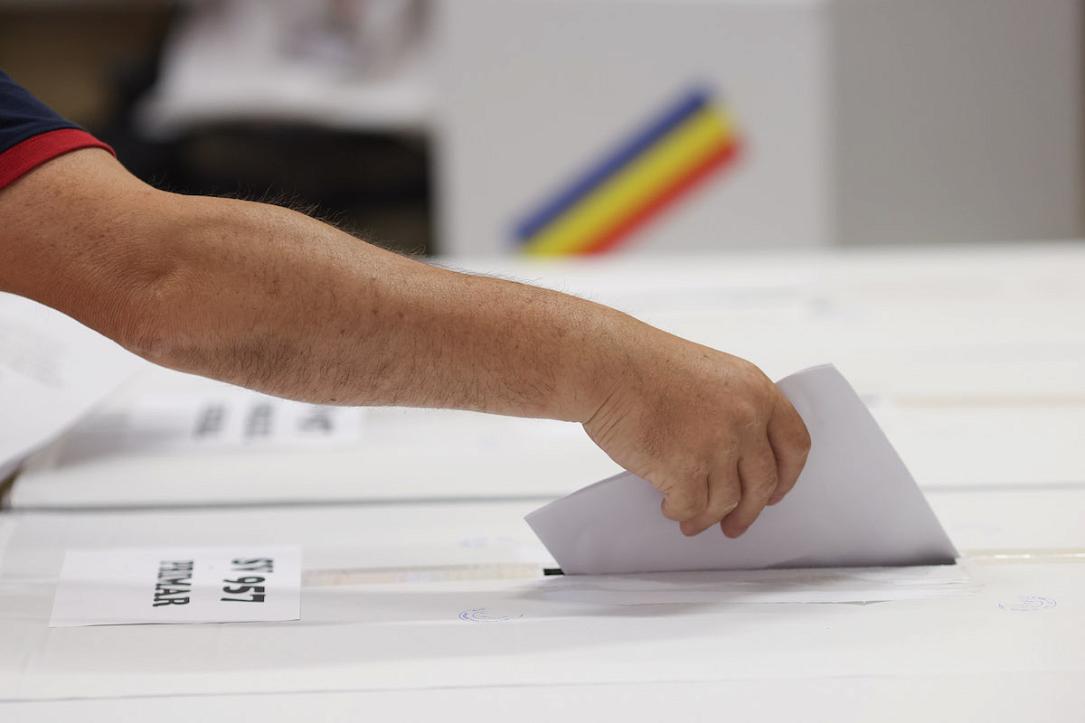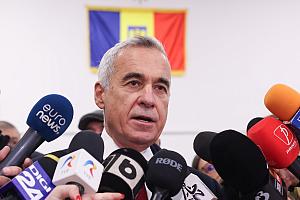Venice Commission clarifies conditions for constitutional courts to cancel elections following Romania's vote annulment

The Council of Europe's Venice Commission published an urgent report detailing the conditions and legal standards under which a constitutional court could invalidate elections. The report, released on January 27, follows a request made by Theodoros Rousopoulos, president of the Parliamentary Assembly of the Council of Europe (PACE), last month.
The Venice Commission's report comes after the Romanian Constitutional Court annulled the 2024 presidential elections and ordered the entire election process to be restarted from scratch.
However, the official announcement says that the report, although referencing the recent case in Romania involving the invalidation of elections, does not delve into the specifics of that case or the Romanian Constitutional Court's decision. Instead, it offers a general analysis based on comparative constitutional law and European and international standards.
"[…] it is not for the Venice Commission to go into the facts of the Romanian case, or into the examination of the decision by the Romanian Constitutional Court," reads the press release.
According to the report, only under certain circumstances – and if multiple conditions and safeguards are met – can a constitutional court invalidate elections.
The report asserts that international standards neither impose nor prohibit ex officio decisions by constitutional courts. However, it warns that such decisions should be reserved for extraordinary situations and must be clearly regulated to maintain public trust in the electoral process.
Only under exceptional circumstances (ultima ratio principle) can election cancellations be allowed, the report also concluded. It cites the Code of Good Practice in Electoral Matters, which mandates an effective appeals system and grants the appeal body the power to annul elections if irregularities could have influenced the outcome.
Also, it should be possible to challenge election results based on violations of electoral rights, freedoms, and interests not only by the state but also by public and private electoral stakeholders – bearing in mind that the state has positive obligations to guarantee free elections, including a fair campaign.
Procedural safeguards are deemed essential, with the European Court of Human Rights emphasizing the need for a transparent and well-explained decision in the event of election cancellation, based on clear evidence of serious irregularities.
The report also touches on the role of campaign propaganda, noting that it is generally protected under freedom of expression unless it exceeds permissible limits, e.g., in the form of hate speech against political opponents. The rise of online campaigning and social media influence is acknowledged, though the report insists these activities must still adhere to established campaign finance and transparency rules.
Finally, the Venice Commission notes the challenges in proving violations of electoral law through online campaigns and social media. It calls for well-reasoned decisions, supported by clear evidence of legal violations, and cautions against relying solely on classified intelligence, which may undermine the transparency and verifiability of the process.
Last year's decision of the Romanian Constitutional Court came amid declassified reports alleging Russian involvement in cyber activities aimed at undermining the integrity of the electoral process. The documents made public on December 4 suggested, among other things, that pro-Russian, EU-skeptic presidential candidate Călin Georgescu received undeclared external financing and involved state actors in his campaign, which was mainly carried out online on the TikTok platform.
irina.marica@romania-insider.com
(Photo source: Inquam Photos/George Calin)













